Professor Ruth Towse and Professor Martin Kretschmer have been awarded funding from the ESRC (RES-622-26-565) to organise an event as part of the Festival of Social Science 2012.
The symposium ‘What constitutes evidence for copyright policy?’ will be held on 8 November 2012 in the Executive Business Centre.
Professors Towse and Kretschmer write: “This interactive event offers the opportunity for discussion on evidence for copyright policy between social scientists, policy-makers and producers and users of copyright works. Copyright law is a topical and contentious area that affects a wide range of stakeholders with differing views on copyright policy. The need for evidence-based policy on copyright policy was emphasised in the Hargreaves Review and has led to several calls for evidence from stakeholders. The responses they provide to the Intellectual Policy Office are varied in nature and quality; the IPO has responded by issuing guidelines on what constitutes acceptable evidence (which itself is contested).
“Besides being a matter of pressing public concern, copyright also attracts the interest of a broad range of social science disciplines each with its own rules of evidence. The emphasis on economic growth as the objective of copyright policy has shifted the need for evidence in the direction of economics but economic evidence is not always easily available. Nor it is the case that only quantitative evidence is regarded as valid.”
The event will involve the following:
- Social scientists in a range of disciplines will explore their perceptions of evidence in non-technical terms and discuss their research findings on copyright. The aim is to develop a perspective on what evidence social scientists believe is relevant for copyright policy-making purposes.
- Representatives of stakeholder organisations that have responded with evidence to the IPO’s calls for evidence will explain what to them is relevant evidence.
- IPO staff responsible for assessing responses to calls for evidence have already committed to participate in this event. They will explain how they use the information they receive from stakeholder meetings and calls for evidence to develop policy measures.
If you are interested to participate, please contact Dr Rebecca Edwards (Research Development Officer, Public Engagement): redwards@bournemouth.ac.uk


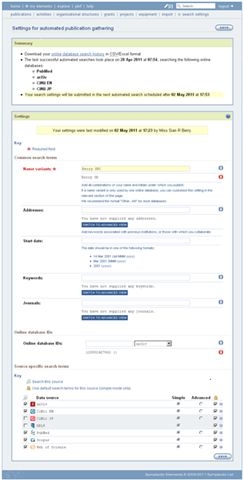




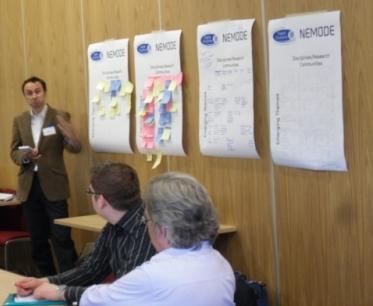 Academics from multi-disciplinary backgrounds recently attended a two day Digital Economy Network+ event at the University of Cambridge. The aim of the event was to continue the process of building a network of people interested researching New Economic Models for the Digital Economy.
Academics from multi-disciplinary backgrounds recently attended a two day Digital Economy Network+ event at the University of Cambridge. The aim of the event was to continue the process of building a network of people interested researching New Economic Models for the Digital Economy.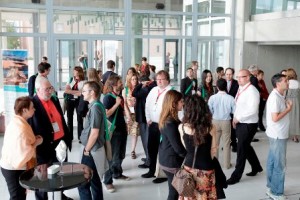

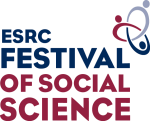
 Action on Hearing Loss,
Action on Hearing Loss,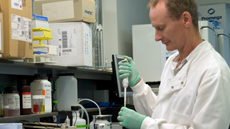

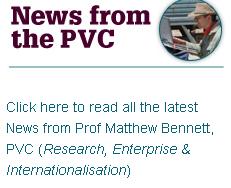











 New Nepal scoping review on maternal & neonatal health
New Nepal scoping review on maternal & neonatal health Fourth INRC Symposium: From Clinical Applications to Neuro-Inspired Computation
Fourth INRC Symposium: From Clinical Applications to Neuro-Inspired Computation Writing policy briefs
Writing policy briefs Upholding Excellence: The Concordat to Support Research Integrity
Upholding Excellence: The Concordat to Support Research Integrity ECR Funding Open Call: Research Culture & Community Grant – Application Deadline Friday 12 December
ECR Funding Open Call: Research Culture & Community Grant – Application Deadline Friday 12 December MSCA Postdoctoral Fellowships 2025 Call
MSCA Postdoctoral Fellowships 2025 Call ERC Advanced Grant 2025 Webinar
ERC Advanced Grant 2025 Webinar Horizon Europe Work Programme 2025 Published
Horizon Europe Work Programme 2025 Published Horizon Europe 2025 Work Programme pre-Published
Horizon Europe 2025 Work Programme pre-Published Update on UKRO services
Update on UKRO services European research project exploring use of ‘virtual twins’ to better manage metabolic associated fatty liver disease
European research project exploring use of ‘virtual twins’ to better manage metabolic associated fatty liver disease